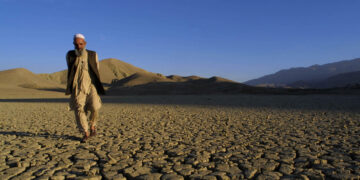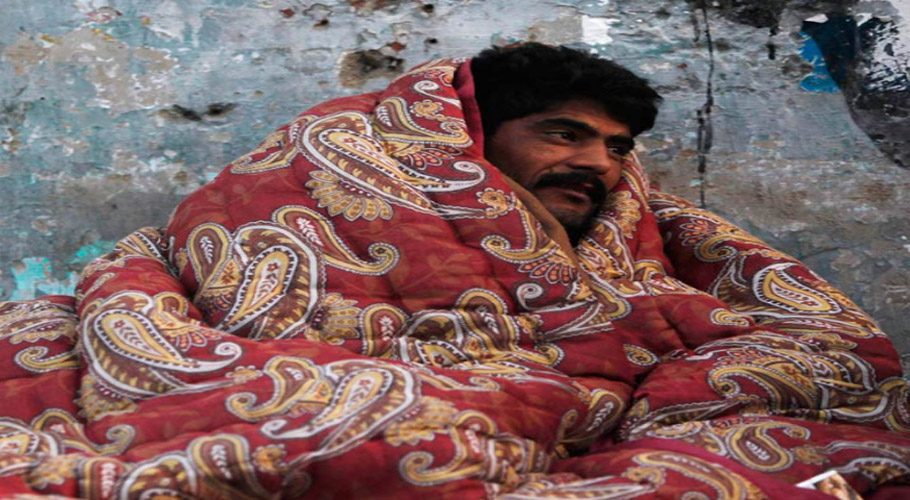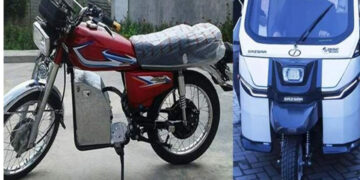![]() Follow Us on Google News
Follow Us on Google News
As frigid temperatures grip significant parts of the world, taking your dog for a walk, keeping cats outdoors, and ensuring the well-being of larger animals like horses, cows, and chickens in freezing weather can be challenging. Veterinarians are sharing guidance on how to best care for pets during the Arctic blast.
Dr. Rena Carlson, president of the American Veterinary Medical Association, emphasized the importance of preparation for such weather events. Consulting with a veterinarian is recommended, as they possess the medical history necessary to help understand the cold tolerance of individual pets. In livestock situations, ensuring access to feed and unfrozen water is crucial for hydration and maintaining body function in the cold.
Dr. Wasi Ashraf, medical director at VEG Williamsburg in Brooklyn, New York, explained that the ability to tolerate cold weather varies among dogs based on factors like breed, body condition, size, and coat. She expressed concern when temperatures drop below freezing (32 degrees Fahrenheit) and heightened worry when it falls below 20 degrees Fahrenheit for most average dogs. To protect dogs from extreme cold, she suggested limiting outdoor exposure to 10 to 15 minutes, providing winter jackets and booties, and ensuring access to shelter.

For outdoor cats, their ability to withstand the cold depends on factors such as breed, size, and coat. Ashraf highlighted their vulnerability to hypothermia and frostbite, suggesting the provision of shelters or enclosures if they can’t be brought indoors.
Horses and cows, with larger bodies, can acclimate to colder temperatures, but Dr. Carlson stressed the importance of providing shelter, adequate nutrition, and water sources for their survival in extremely cold conditions.
Regarding smaller birds like chickens, Carlson recommended providing heat sources in the coop during bitter cold temperatures to safeguard their well-being. Overall, the advice underscores the significance of proactive measures to protect animals during severe winter conditions.































